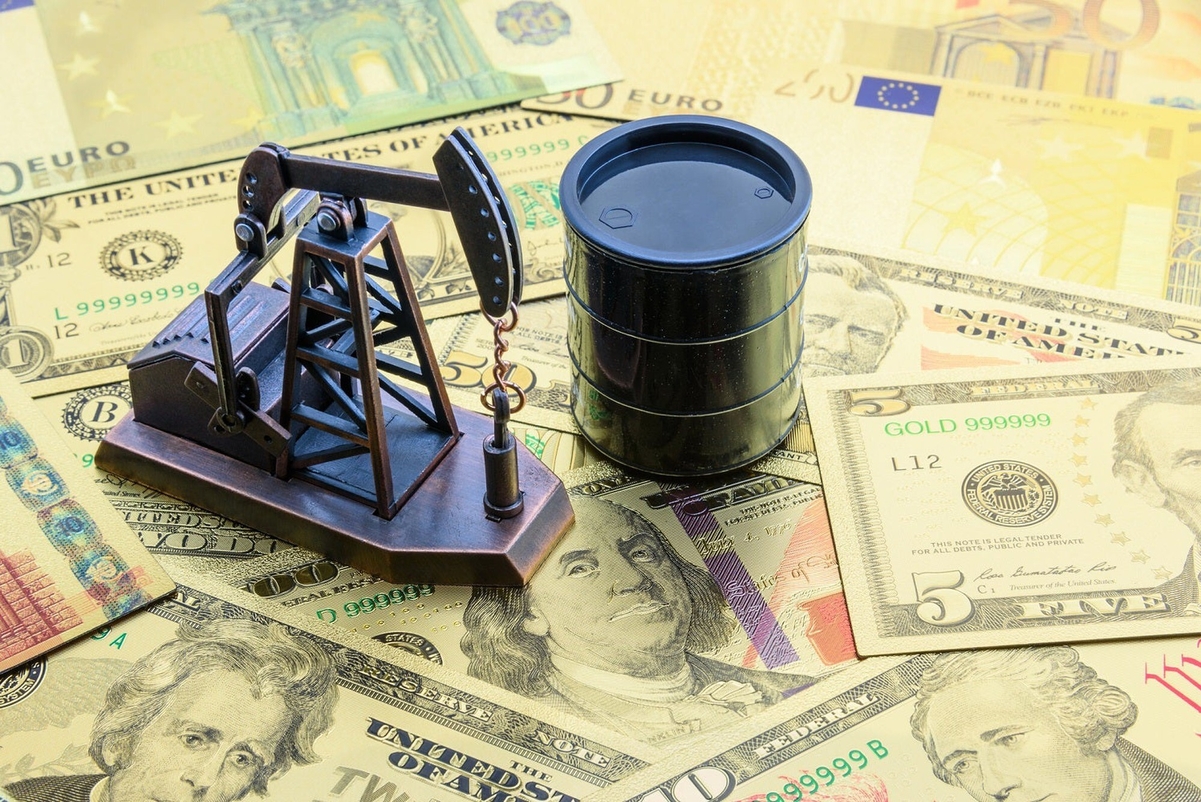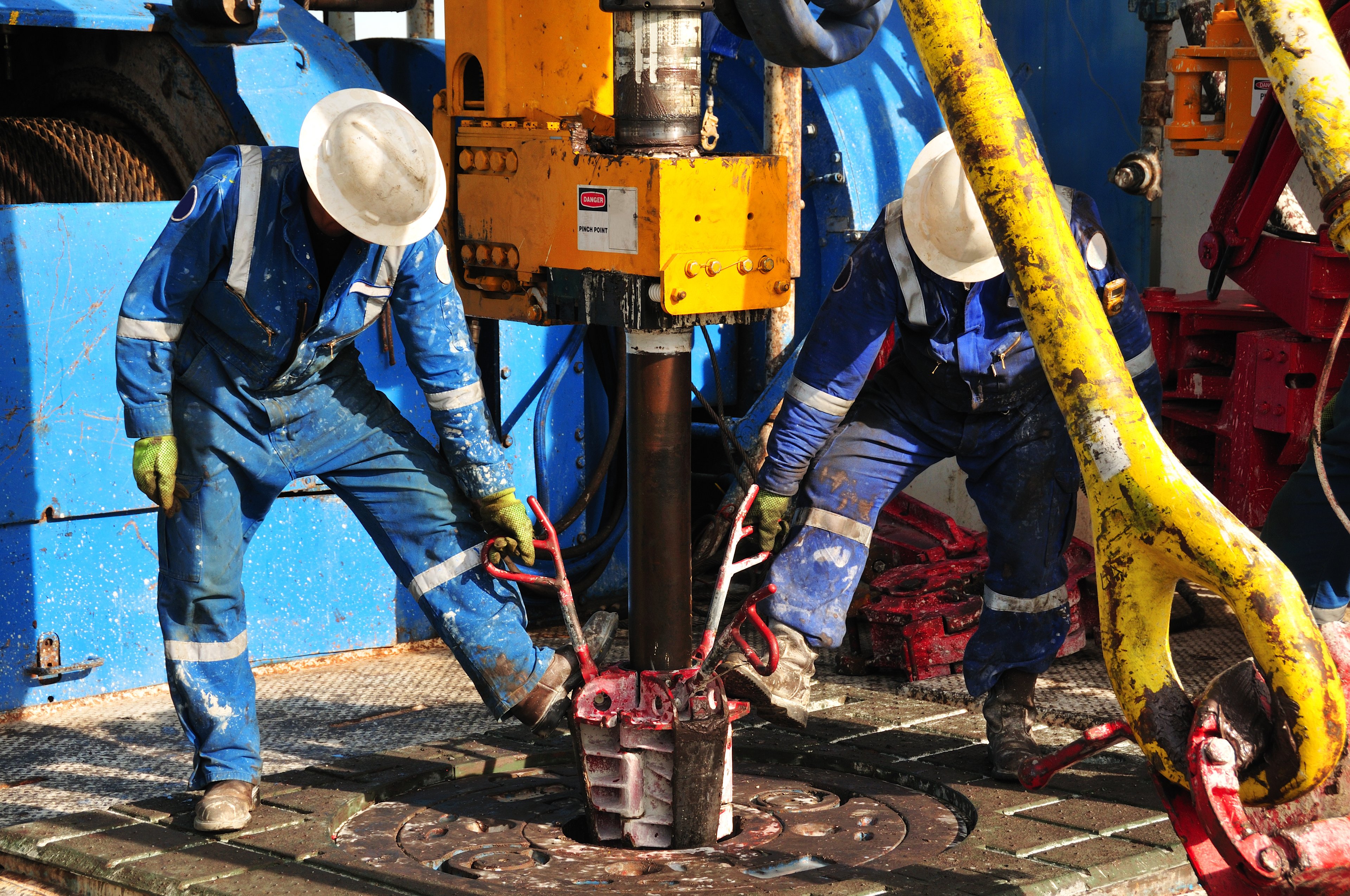Devon Energy (DVN +0.58%) has taken several steps to streamline its operations and shore up its balance sheet in recent years. Those moves paid big dividends during the second quarter, as they gave the oil company the flexibility to ride out the storm without having to make too many drastic changes. For example, it's one of the few oil companies that hasn't slashed its dividend this year.
Instead, Devon is operating from such a position of strength that it plans to pay its investors a special cash dividend following the closing of an upcoming asset sale. That payment is part of the next phase of the company's strategic plan to further enhance its resilience against future volatility in the oil market.

Image source: Getty Images.
Giving shareholders a cut of the proceeds
Devon announced a string of strategic initiatives along with its second-quarter results. One of them was the accelerated closing of the sale of its remaining position in the Barnett Shale. The company previously agreed to move the closing date from mid-April to the end of this year, while also amending the financial terms. However, with market conditions improving, the company and the buyer have agreed to accelerate the closing date to Oct. 1.
Devon has already received an upfront deposit of $170 million. It expects to receive another $300 million at closing and up to $260 million in future payments, depending on commodity prices. The company plans to return about $100 million of that cash directly to shareholders via a special dividend of $0.26 per share. That's in addition to its regular quarterly cash dividend of $0.11 per share. Devon noted that special dividends effectively distribute excess cash to shareholders, suggesting that it could pay additional ones in the future.
Firming up the fortress
One reason Devon plans to distribute that special dividend is that it has a cash-rich balance sheet. It ended the second quarter with $1.7 billion of cash, which will rise by about $500 million during the second half with the closing of the Barnett Shale sale and the free cash flow its business is generating at $40 oil.
That cash cushion provided Devon with lots of financial flexibility during the downturn. Now, with pricing improving, the company feels comfortable using some of that cash on other things. Aside from paying the special dividend, Devon intends on using up to $1.5 billion on repurchasing debt. Because the company currently doesn't have any debt coming due until 2025, it will evaluate open-market purchases and tender offers. This debt reduction could cut the company's interest expenses by $75 million, which would further reduce its annual operating costs and oil price breakeven level.
Devon currently has about $4.35 billion of debt outstanding, a manageable level for a company of its size. The company has the sixth-lowest leverage ratio in its peer group at less than two times debt-to-EBITDA, well below the industry average of more than three times. However, it's targeting to get that number between 0.5 to one.
As leverage and interest expenses come down, Devon will likely have more financial flexibility to increase its base dividend. It could also potentially pay additional special dividends and repurchase shares.
A potentially new trend in the oil patch
Oil companies like Devon have struggled to balance returning cash to investors while investing in their businesses due to all the volatility in the oil market. Many paid out high regular dividends, only to have to pull back on those payouts when market conditions deteriorated. Because of that, a new model could emerge in which companies pay out smaller base dividends supplemented with special dividends funded by asset sales or excess free cash. That seems to be the direction Devon plans to go. If it's successful, that trend could catch on with the rest of the sector.






